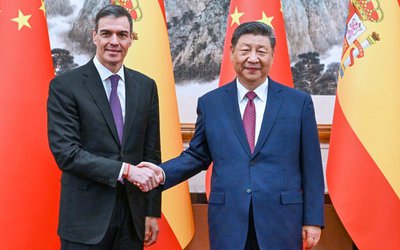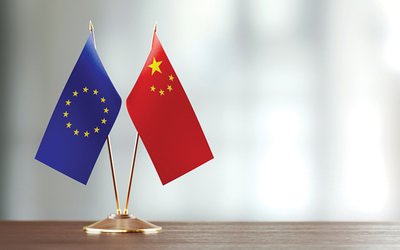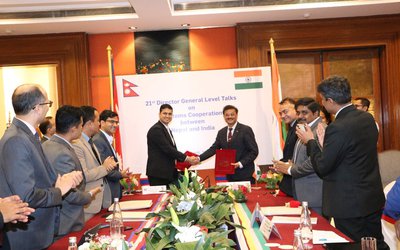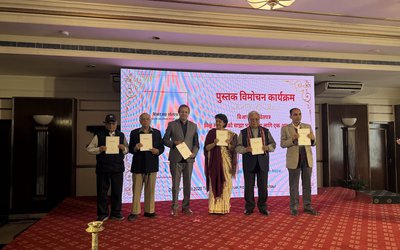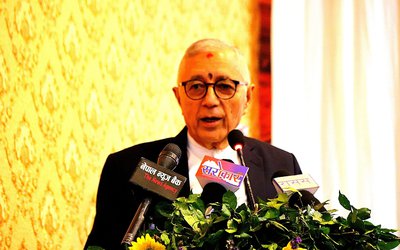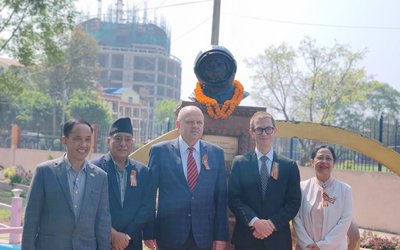
While to his supporters, he is a hero who ushered in economic growth and stability for Turkey, to his critics, he is just a power hungry autocratic leader who is not open to any form of dissent. The man is Turkish President Recep Tayyip Erdogan who has been in the spotlight since a coup d’état to overthrow him was brutally foiled. Allegedly inspired by Islamic preacher, Fethullah Gülen, who also happens to be a strong critic of the President, the violence claimed the lives of at least 240 and nearly saw the President assassinated. For a country whose history has been plagued by military interventions, this is not a new phenomenon. But it is sure to be a game changer in Turkish politics.
The failed coup came at a time when there was a growing clamour about how the Turkish President was becoming increasingly authoritarian. Events leading up to military intervention indeed support the claims. Erdogan came to power in 2002, initially as the Prime Minister and later as the first directly elected President in 2014. Having seated in a largely ceremonial position, Erdogan immediately harboured ambitions of creating an executive presidency and concentrating power in his hands. Since assuming the Presidential role, his clamp down on freedom of expression has been particularly harsh. Between 2014 and 2016, prosecutors registered cases against 1,800 journalists, both local and foreign, for insulting the President. Cases of his bodyguards manhandling journalists during his foreign visits emerged and his son faced charges of rape of American and British journalists. His Islamic leaning government was also harsh on secular politicians and activists raising eyebrows amongst allies such as US. Many accused him of developing typical tyrant like characteristics over time which included a lavish lifestyle and opulent spending.
Now the failed coup has further paved way for the leader to impose his authoritarian ways and consolidate even more power. Already, 16,000 arrests have been made following the failed coup and calls to re-introduce the death penalty make the political future of the country ominous. More than 130 media outlets have been shut and atrocities against prisoners have emerged. The authoritarian regime has purged the media, universities, schools, the police, judiciary and military of potential opponents. Ankara is also coming down hard on the dissident Gullen and has asked all countries, including Nepal to put a check on his supporters, who live in various parts of the world including Nepal where they have been allegedly operating three schools.
Erdogan, who once declared that democracy was ‘a vehicle, not a goal’ implying that one could disembark at any point now seems to be literally acting on his quote. His party, which has a majority in the parliament and also enjoys public support, mostly from the right wing supporters, has already started exercising unrestricted power. For a country which moved towards the path of modernism under the revolutionary leader Mustafa Kemal Atatürk, the clock seems to be going backward now.
- Ukrainian Crisis And The World (Dis)Order
- Apr 22, 2022
- China’s Cautious Steps In The Graveyard Of Empires
- Aug 18, 2021
- Foreign Aid On The Fence!
- Aug 08, 2021
- Communist Party of China centenary celebrations Reading between the lips
- Jul 14, 2021
- Second Wave Of Covid-19 In India: Deadly Blow To The Economy
- Jun 23, 2021

